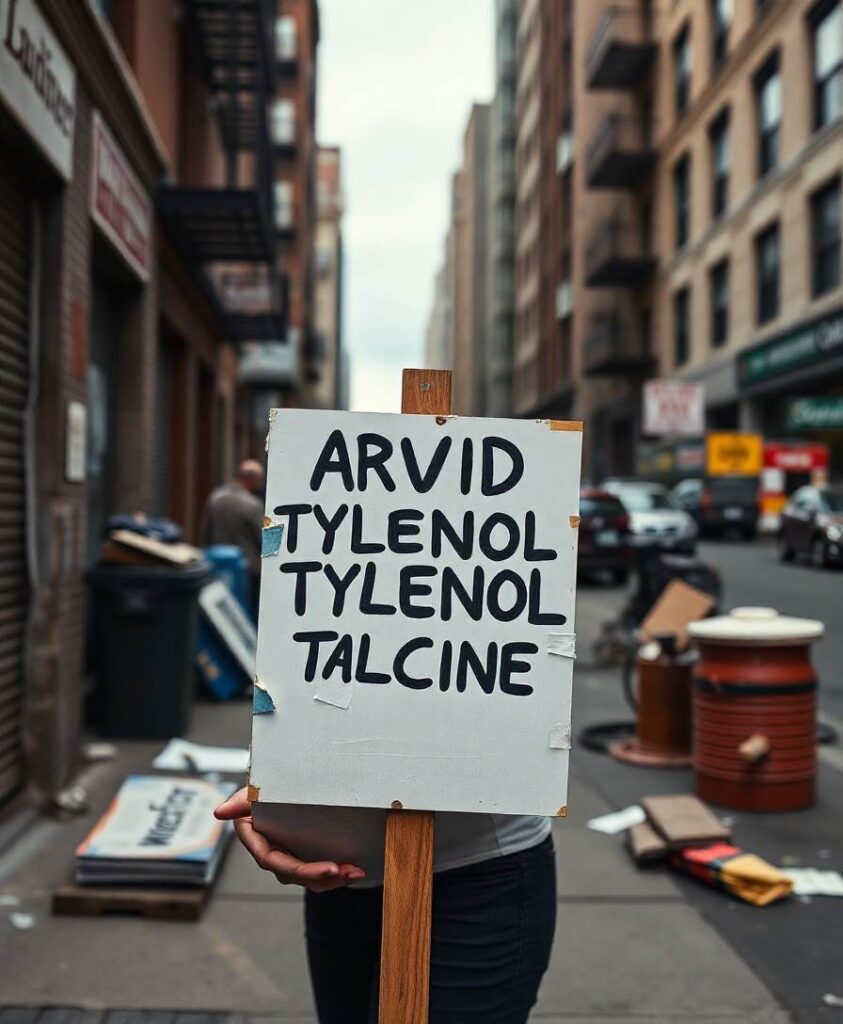Imagine feeling that tiny prick of discomfort before touching something too hot—your skin tensing, your nerves alert, your mind already warning you to back away. That sensation isn’t just a moment of pain; it’s a vital signal that your brain is learning how to steer clear of danger. At the core of this learning process is dopamine, often called the brain’s motivational spark. For years, we’ve known dopamine as the chemical that fuels our pursuit of pleasure—those moments when something feels good, like the rush of dopamine when you get a like on social media. But what about the flip side? How does dopamine help us learn to avoid bad outcomes, especially when the danger isn’t immediately obvious?
This new research sheds light on this question by revealing how dopamine responds differently depending on whether a threat is predictable or within our control. This is a crucial insight for anyone who wants to understand how our brains develop resilience and caution—whether you’re navigating social situations, learning new skills, or simply trying to keep yourself safe from harm.
When we think about avoiding bad outcomes, it’s easy to imagine a simple “stop” signal in the brain. But this study shows that dopamine’s role is more nuanced. Instead of just responding to rewards, dopamine also signals negative experiences, adapting as we become more experienced at recognizing and avoiding danger. This isn’t just about feeling bad; it’s about learning how to stay safe by refining our responses over time. It’s like tuning a musical instrument—at first, the notes may be off, but with practice, your ear adjusts, and your responses become more precise.
How does dopamine help us learn to avoid bad outcomes and stay safe?
The key lies in how dopamine signals change based on our level of mastery. When we’re new to a situation—say, trying to avoid touching a hot stove for the first time—our brain’s dopamine response to negative signals might be broad and uncertain. We’re still figuring out what’s dangerous and what’s not. But as we learn and become more adept at avoiding harm, dopamine’s signals become more specific, helping us respond more effectively to negative cues.
This process is similar to the way we develop habits of caution. Think of it as a dance between motivation and learning. When you’re unfamiliar with a danger, dopamine may respond less precisely, but as your experiences accumulate, those dopamine signals sharpen. Your brain begins to recognize certain cues—like the smell of burnt toast or the heat of a stove—and alerts you more quickly, helping you steer clear before the damage occurs.

What makes this finding particularly compelling is that dopamine’s response isn’t uniform. It varies depending on whether the threat is predictable—like knowing a stove is hot—or controllable—like deciding to step back from a moving car. The brain’s ability to adapt its signals based on these factors is essential for developing nuanced, real-world survival skills.
For those interested in the journey of learning and resilience, this research underscores that our brains are continually fine-tuning their responses, a process that involves a complex interplay of motivation, sensory awareness, and learned experience. It’s a reminder that avoiding harm isn’t just about instinct but also about a finely calibrated process of learning from each encounter.
If you’re someone curious about how your brain helps you stay safe through everyday sensory awareness and learning, understanding how dopamine responds to negative experiences can be empowering. It shows that resilience is built over time, with every risky situation teaching your brain to respond more effectively—almost like a personal safety coach working behind the scenes, helping you navigate life’s hazards with increasing skill.
Learn More: How dopamine helps us learn to avoid bad outcomes
Abstract: Dopamine is the brain’s motivational spark, driving us to chase what feels good, say scrolling another reel on social media, and steer clear of what doesn’t, like touching a hot stove. But scientists haven’t fully understood how dopamine helps us learn to avoid bad outcomes — until now. A new study shows that dopamine signals in two key brain areas involved in motivation and learning respond differently to negative experiences, helping the brain adapt based on whether a situation is predictable or controllable. While previous research has shown that dopamine can respond to negative experiences, this is the first study to track how those signals evolve over time as animals move from novices to experts in avoiding them.
Link: https://www.sciencedaily.com/releases/2025/04/250422131213.htm



